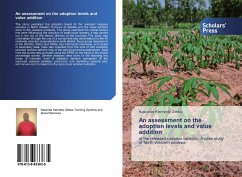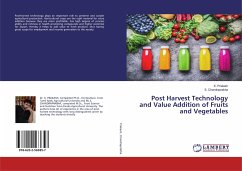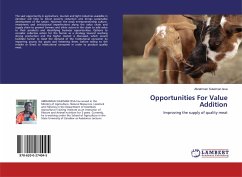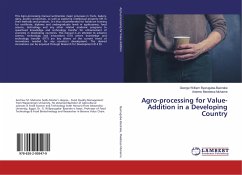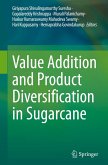The study examined the adoption levels of the released cassava varieties in North Western Province of Zambia and the value addition done to the cassava products. The study examined the critical factors that were influencing the adoption of small scale farmers. It was carried out in ten out of the eleven districts of the province. The study was undertaken through the use of a survey that was administered to the 40 randomly selected respondents in each district, focus group discussions of the DACOs, SAOs and CHOs, key informants interviews, and review of secondary data. Data was collected from the total of 400 randomly selected farmers with the help of the well-structured questionnaire. Data from the survey was analyzed using the SPSS on the basis of the simple percentage scores. Several analyses were done on the following key areas of interests: level of adoption, farmers' perception of the improved cassava varieties, production and marketing systems and, land tenure and its impact on the agriculture commercialization.
Bitte wählen Sie Ihr Anliegen aus.
Rechnungen
Retourenschein anfordern
Bestellstatus
Storno

